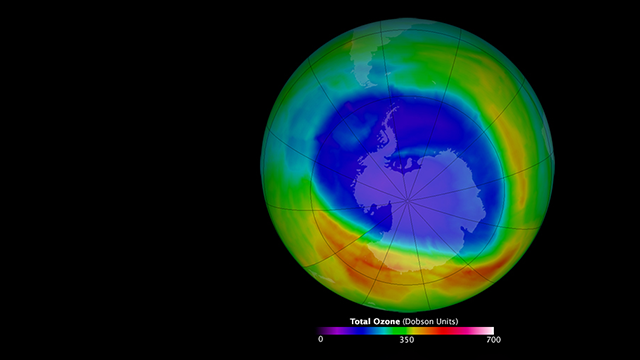
Climate Data for the Earth System
Climate data is crucial for monitoring the Earth system as it provides insights into various environmental parameters like temperature, greenhouse gas concentrations, and ocean health.
Access to continuous, well-calibrated long-term data is increasingly important to understand environmental variations in the Earth system, especially in relation to climate science. These data enable scientists to identify, quantify and attribute climate changes to particular causes, for example to anthropogenic emissions of greenhouse gases.
NCEO research into climate data uses knowledge and expertise from several UK universities and research centres, including: Leicester, Reading, Imperial College London, King’s College London and UKCEH.

Research priorities
- To support policymaking with accurate, quantifiable global evidence, via ESA’s Climate Change Initiative (CCI) programme;
- To develop new EO data products for climate science;
- To use these data to evaluate the climate models used to make future predictions and drive improvements.
Monitoring climate data provides essential data and insights into the complex processes driving climate change. This knowledge is crucial for informing policy decisions, developing adaptation strategies, and mitigating the impacts of climate change on both natural and human systems.
Professor Helen Brindley
NCEO Director based at Imperial College London

Climate Data for the Earth system: research areas


Atmosphere


Land surface temperature


Ocean

Search datasets and tools

NCEO produces various datasets related to climate change, including measurements of greenhouse gases, atmospheric composition, land surface changes and ocean health.
Our datasets are valuable for understanding the dynamics of climate change on a global scale and informing policies and actions to address it.




